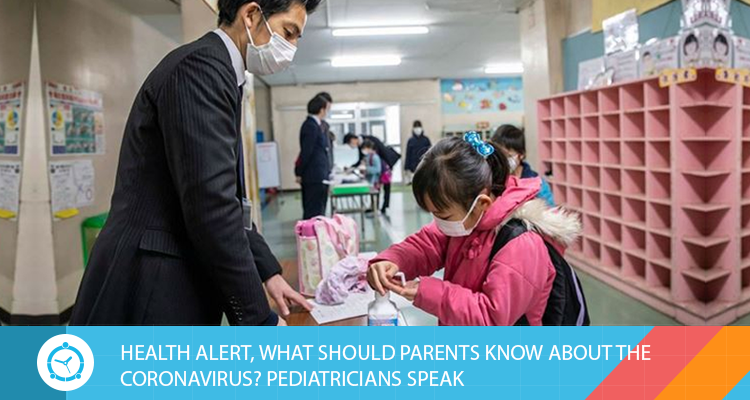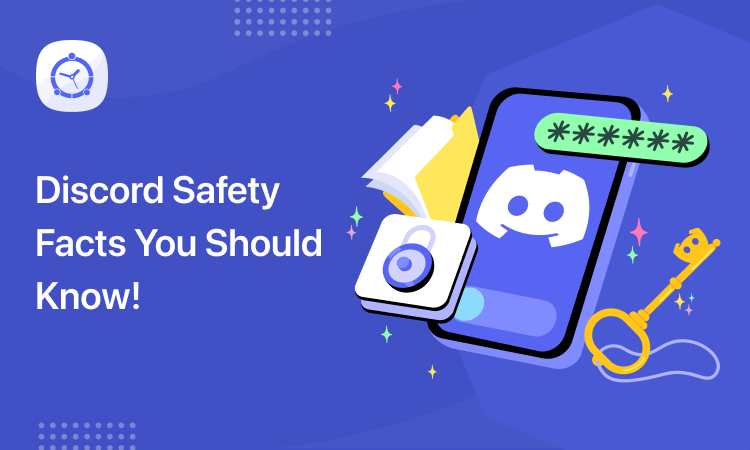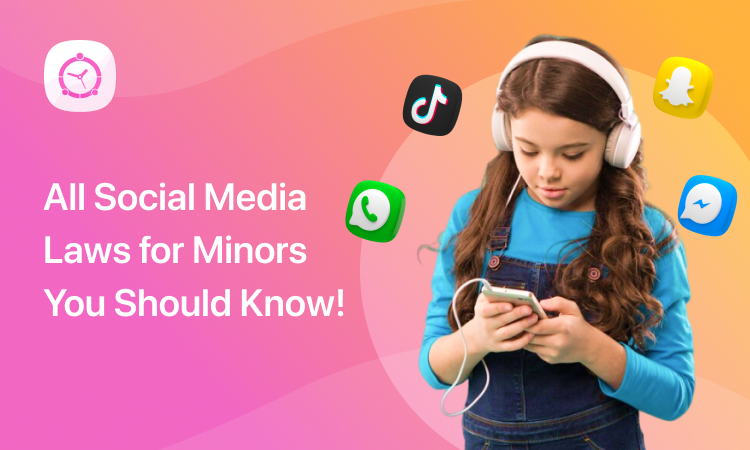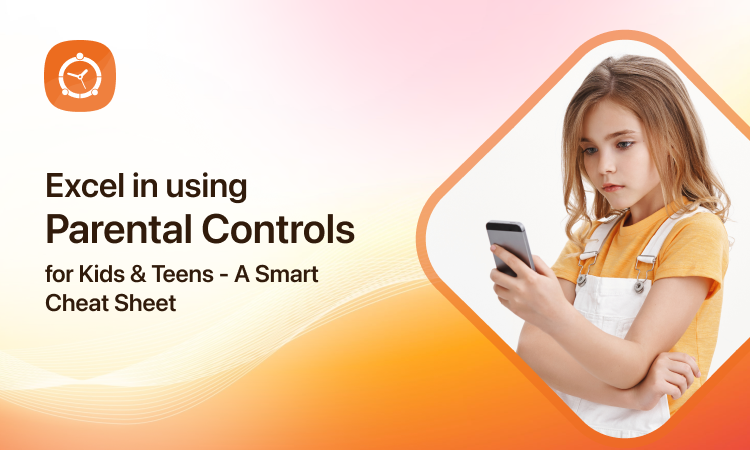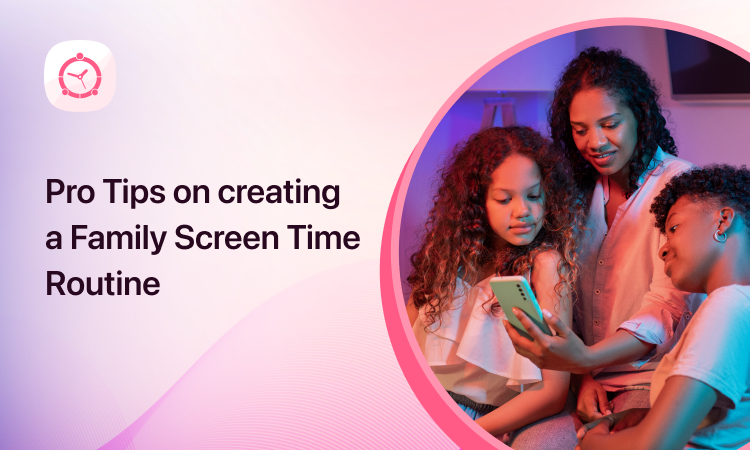For a few weeks now, a name has occupied different headlines in the press, radio, and television. It is not a football team that has conquered a sporting feat, a famous actor who opens a new movie. It is the coronavirus, an epidemic that has resulted in a health alarm that has caused concern in many homes.
In particular, many parents have numerous questions about the risk of contagion in closed spaces such as school. Faced with so much doubt, organizations related to children’s health, such as UNICEF, have spoken to resolve the questions and try to throw some light on the topic in this alarming situation.
Coronavirus symptoms
In the midst of so much alarm, it is important to recognize the symptoms that parents should be concerned about. As indicated by UNICEF fever, cough and respiratory failure are some of its symptoms. In more severe cases, the infection can cause pneumonia or breathing difficulties. It is also specified that on rare occasions, the disease can be fatal.
These symptoms are also indicated to be similar to those of the flu or a common cold, which are much more frequent than the coronavirus. When in doubt, it is best to do the corresponding tests. In this way, not only will the corresponding treatment for the said person begins, but the necessary measures will be initiated to prevent its spread.
Because, as in any other virus, if a case is confirmed, it is best to prevent it from expanding. The same happens with preventive measures at home. These are some of them:
- Wash your hands frequently with soap and water or with a disinfectant that contains alcohol
- Cover your mouth and nose with your elbow flexed or with a tissue when you cough or sneeze and discard the tissue in a closed trash
- Avoid direct contact with someone who has a cold or flu symptoms
And what about the much discussed use of masks? UNICEF indicates that its use is recommended in the presence of respiratory symptoms (cough or sneeze) to protect other people. If there is no alarm signal, you do not need to use it. In the event that they are used, remember to dispose of them properly to ensure their effectiveness and avoid the risk of virus transmission.
Remember that the use of the mask is not enough to stop the contagion. You need to wash your hands frequently, cover your mouth and nose when coughing and sneezing, and avoid direct contact with someone who has a cold or has flu-like symptoms (cough, sneeze, or fever).
The million-dollar question, does the coronavirus affect children? UNICEF clarifies that it is a new virus, and there is not yet enough information about how it affects children or pregnant women. It is known that anyone can become infected, regardless of age, but so far, relatively few cases have been reported in the child population.
In the event that children manifest some symptoms, as with any other person, the ideal is to seek medical assistance. We must also remember that we are in the middle of the flu season and that some warning signs of the coronavirus, such as cough or fever, maybe similar to those of the flu or the common cold, which are much more frequent. As with other respiratory infections such as the flu, it is recommended that your child stay home resting if he has symptoms and that he avoid going to public places so as not to infect other people. If your child does not have any symptoms such as fever or cough, and unless a public health notice, important warning, or other public statements regarding their school is issued, it is best to continue going to school.

